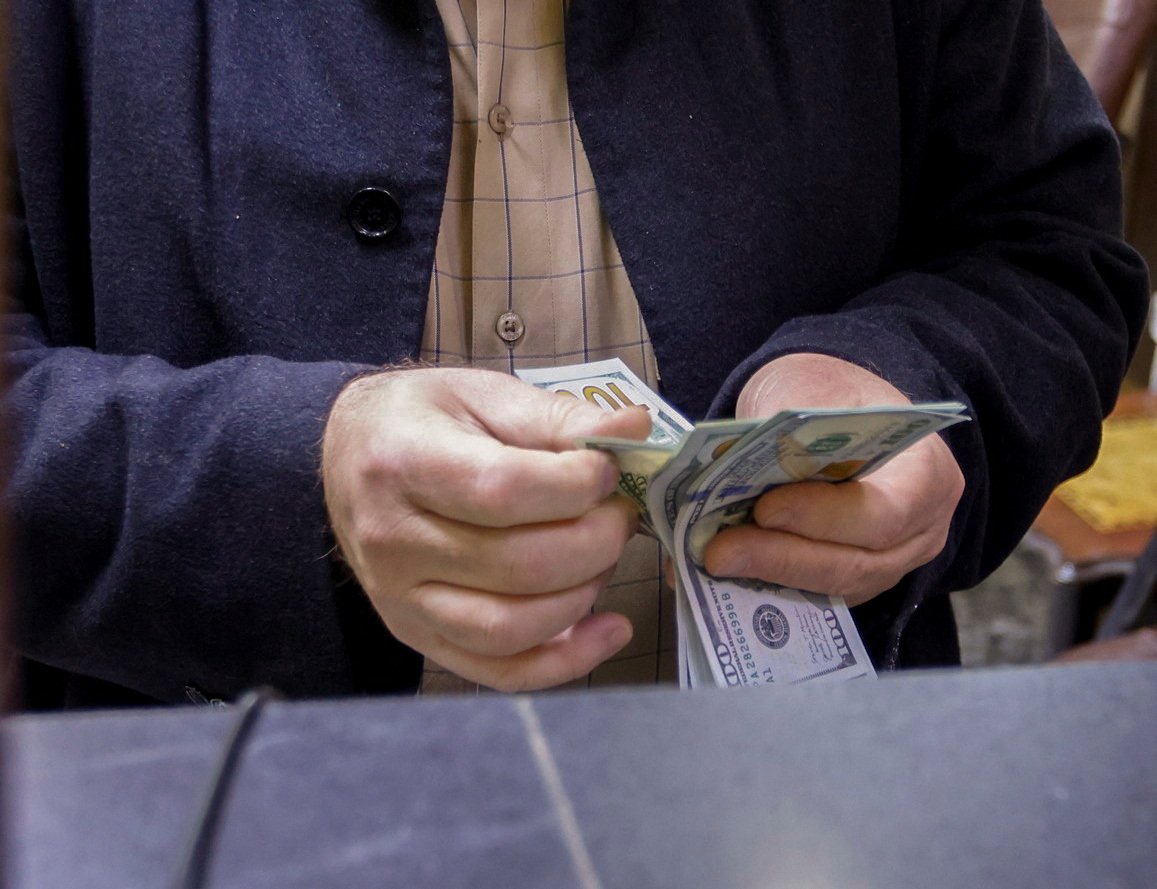Iraq is taking measures to ban cash withdrawals and transactions in U.S. dollars starting from January 1, 2024. The goal is to combat the misuse of hard currency reserves for financial crimes and the evasion of U.S. sanctions on Iran. Mazen Ahmed, the director-general of investment and remittances at the Iraqi central bank (CBI), stated that this move aims to eliminate the illicit use of approximately 50% of the $10 billion in cash that Iraq imports from the New York Federal Reserve annually.
This decision is part of a broader effort to de-dollarize the Iraqi economy, which has seen a preference for the U.S. dollar over local currency due to the population’s wariness of recurring wars and crises following the 2003 U.S. invasion.
According to Ahmed, individuals who deposit dollars into banks before the end of 2023 will still be able to withdraw funds in dollars in 2024. However, dollars deposited in 2024 can only be withdrawn in the local currency at the official exchange rate of 1,320 dinars. Currently, the parallel market rate of the Iraqi dinar is 1,560, approximately 15% lower than the official rate.
Ahmed clarified that individuals can transfer funds or use dollar-denominated cards within Iraq at the official exchange rate. However, he emphasized that cash dollars will no longer be accepted.
To regulate wire transfers, which constitute the majority of Iraq’s dollar demand, the country has already established a platform in collaboration with U.S. authorities. This system aims to prevent fake receipts and fraudulent transactions that previously funneled dollars to Iran and Syria, both of which are under U.S. sanctions. Ahmed stated that this system is now nearly foolproof and provides dollars at the official rate for legitimate trade activities such as importing food and consumer goods.
Despite these efforts, cash withdrawals continue to be misused, including by individuals who exploit the system to obtain state quotas of $3000 for travel purposes. Iraq heavily relies on the goodwill of the United States to ensure the smooth flow of oil revenues and financial stability, while also being cautious not to alienate Iran or upset parties and armed groups with vested interests in Iraq’s informal economy.
In recent months, many local banks have already limited dollar cash withdrawals, exacerbating the shortage and causing the parallel market exchange rate to rise. Ahmed explained that some banks are facing shortages due to a surge in withdrawal requests driven by unease over the financial system. Additionally, banks that provided dollar-denominated loans are experiencing shortages because these loans are being repaid in dinars.
The CBI has also reduced the amount of dollars it provides as part of an agreement with the Federal Reserve to limit cash transactions and promote electronic payments.
Ahmed acknowledged that the new measures may cause the dinar to depreciate further, but he deemed it an acceptable consequence of formalizing the financial system. He assured that the CBI will continue to provide dollars at the official rate for all legitimate purposes. He emphasized that as long as transparent and legal financing operations are conducted through official channels, the exchange rate is of little concern.
However, there are indications that the CBI’s plans may face resistance. A video circulated on social media showing a depositor at a Baghdad bank threatening to burn it down if he does not receive his deposit in cash dollars. This incident echoes similar actions taken by depositors during Lebanon’s banking crisis.
In conclusion, Iraq’s decision to ban cash withdrawals and transactions in U.S. dollars is aimed at curbing financial crimes and evading U.S. sanctions on Iran. It is part of a broader effort to de-dollarize the economy and promote the use of local currency. While the measures may face resistance, the Iraqi central bank is determined to formalize the financial system and ensure transparent and legal financing operations.
























